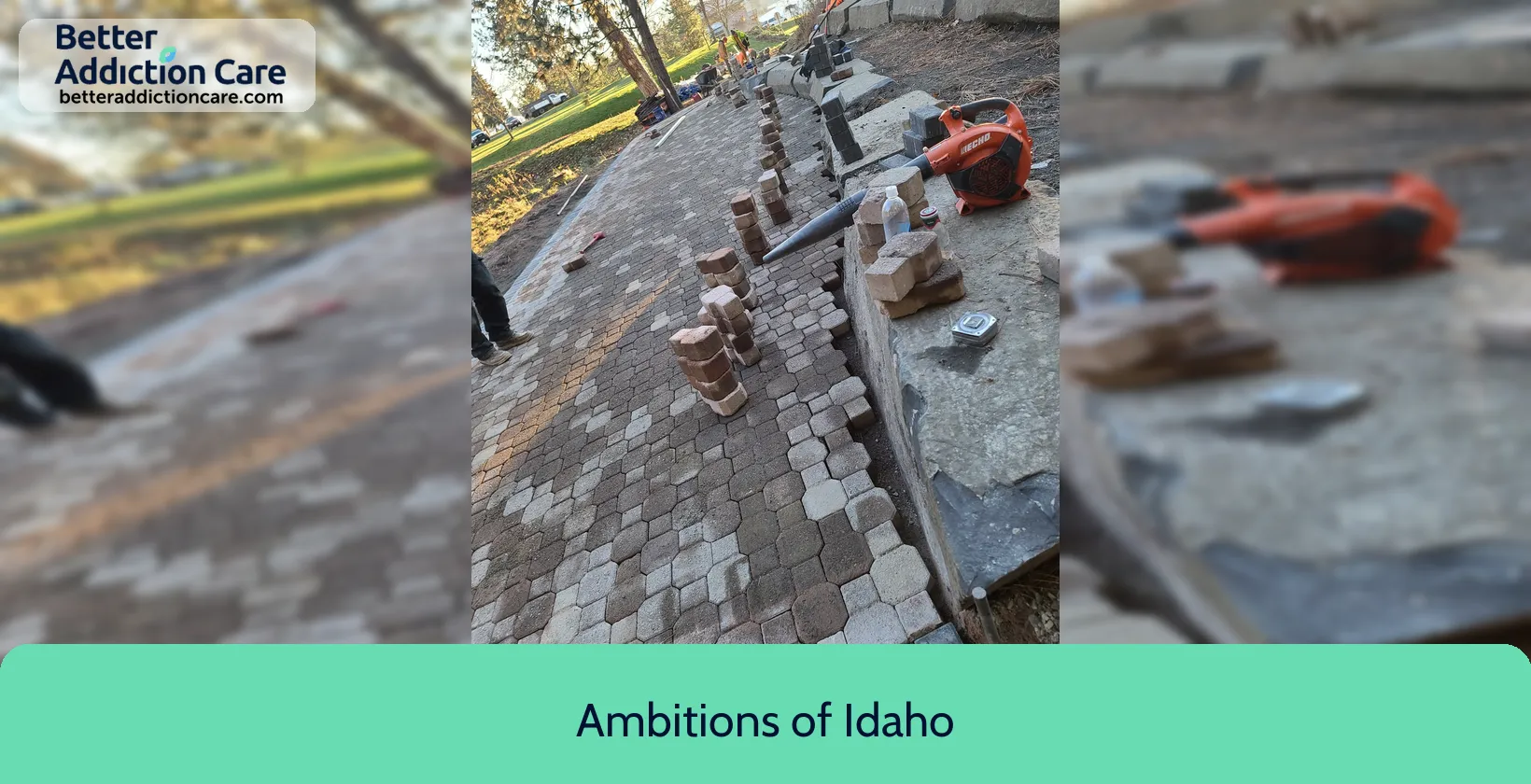Highroad Human Services - CDA

Overview
Highroad Human Services - CDA is a mental health treatment center for people seeking treatment near Kootenai County. As part of their treatment modalities for recovery, Highroad Human Services - CDA provides couples/family therapy, group counseling, and cognitive behavioral therapy during treatment. Highroad Human Services - CDA is located in Coeur d'Alene, Idaho, accepting cash or self-payment for treatment.
Highroad Human Services - CDA at a Glance
Payment Options
- Cash or self-payment
- Medicaid
- Private health insurance
- State mental health agency (or equivalent) funds
- State welfare or child and family services funds
Assessments
- Comprehensive mental health assessment
Age Groups
- Children/adolescents
- Young adults
- Adults
- Seniors
Ancillary Services
- Court-ordered outpatient treatment
- Family psychoeducation
- Suicide prevention services
Highlights About Highroad Human Services - CDA
6.68/10
With an overall rating of 6.68/10, this facility has following balanced range of services. Alcohol Rehabilitation: 8.00/10, Drug Rehab and Detox: 6.00/10, Insurance and Payments: 6.00/10, Treatment Options: 6.73/10.-
Alcohol Rehabilitation 8.00
-
Treatment Options 6.73
-
Drug Rehab and Detox 6.00
-
Insurance and Payments 6.00
Treatment At Highroad Human Services - CDA
Treatment Conditions
- Mental health treatment
Care Levels
- Outpatient
Treatment Modalities
- Couples/family therapy
- Group counseling
- Cognitive behavioral therapy
- Dialectical behavior therapy
- Activity therapy
Ancillary Services
Special Programs
- Persons 18 and older with serious mental illness (SMI)
Get Help Now
Common Questions About Highroad Human Services - CDA
Contact Information
Other Facilities in Coeur d'Alene

7.62

6.86

6.62

6.86
Browse rehab centers near Coeur d'Alene and in other cities across Idaho
DISCLAIMER: The facility name, logo and brand are the property and registered trademarks of Ambitions of Idaho, and are being used for identification and informational purposes only. Use of these names, logos and brands shall not imply endorsement. BetterAddictionCare.com is not affiliated with or sponsored by Ambitions of Idaho.
